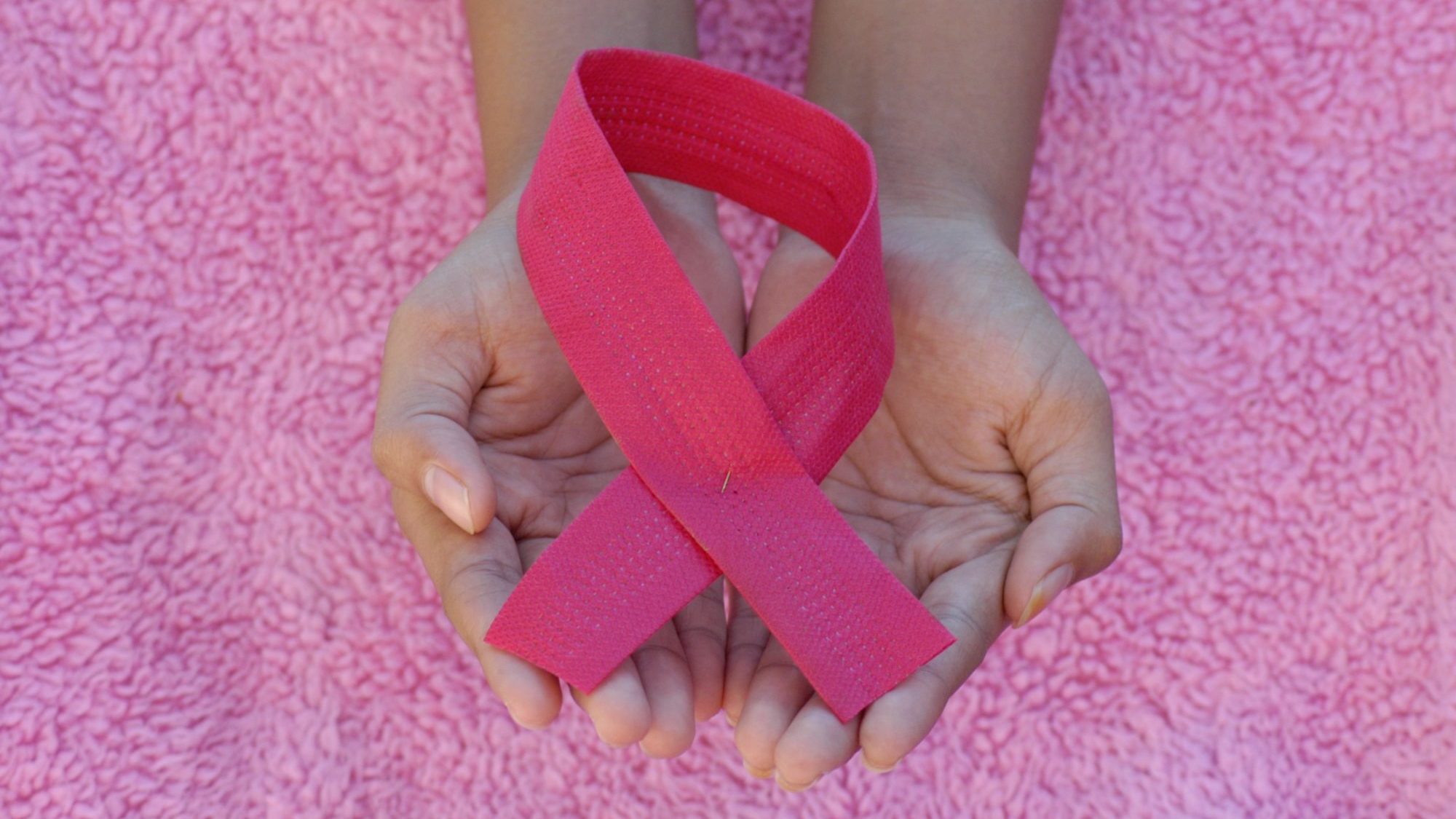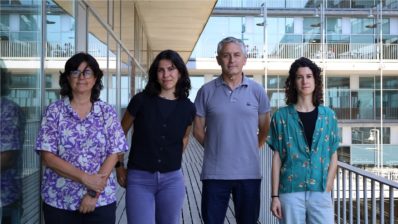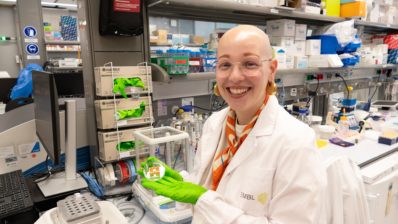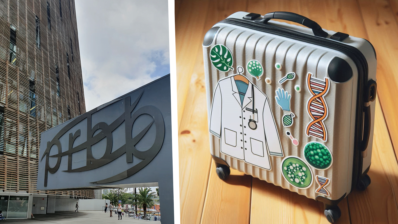The HER2 positive type is one of the most aggressive breast cancers. Fortunately, there is a very effective treatment, to the point of achieving complete remission: the monoclonal antibody Trastuzumab. Unfortunately, up to half of HER2-positive patients show resistance to this treatment.
Now, a study has shown the role of a protein, Neuregulin, in generating this resistance. The study was led by Joan Albanell from the Hospital del Mar Institute for Medical Research (IMIM), with the participation of doctors and researchers from the Hospital del Mar, CIBER d’Oncologia (CIBERONC) and Italian institutions.
Neuregulin is a protein that binds to the HER3 and HER2 receptors present tumor cells, forming a trio that confers more capacity for tumor proliferation and invasion. The research group has observed that patients with high levels of Neuregulin are less successful with the monoclonal antibody Trastuzumab.
However, if combined with another monoclonal antibody, Pertuzumab, the situation is reversed and complete pathological response levels can be achieved.
“The study will serve to optimize which patients can benefit from Pertuzumab, which ones need double blocking with Trastuzumab and Pertuzumab, and maximize their benefit.”
Joan Albanell, researcher at IMIM and doctor at Hospital del Mar.
Cristina Guardia, Giampaolo Bianchini, Oriol Arpí-LLucià, Silvia Menendez, David Casadevall, Barbara Galbardi, Matteo Dugo, Sonia Servitja, Juan Carlos Montero, Luis Soria-Jiménez, MohammadA Sabbaghi, Raul Peña, Juan Madoz-Gúrpide, Belen Lloveras, Ana Lluch, Pilar Eroles, Joaquin Arribas, Atanasio Pandiella, Luca Gianni, Federico Rojo, Ana Rovira, and Joan Albanell. Preclinical and Clinical Characterization of Fibroblast-derived Neuregulin-1 on Trastuzumab and Pertuzumab Activity in HER2-positive Breast Cancer. Clin Cancer Res. Published online August 12, 2021. doi: 10.1158/1078-0432.CCR-20-2915






